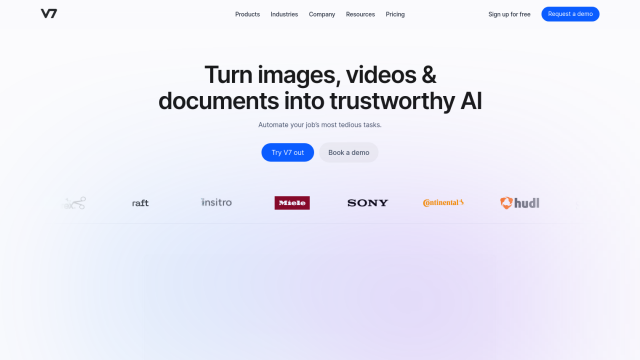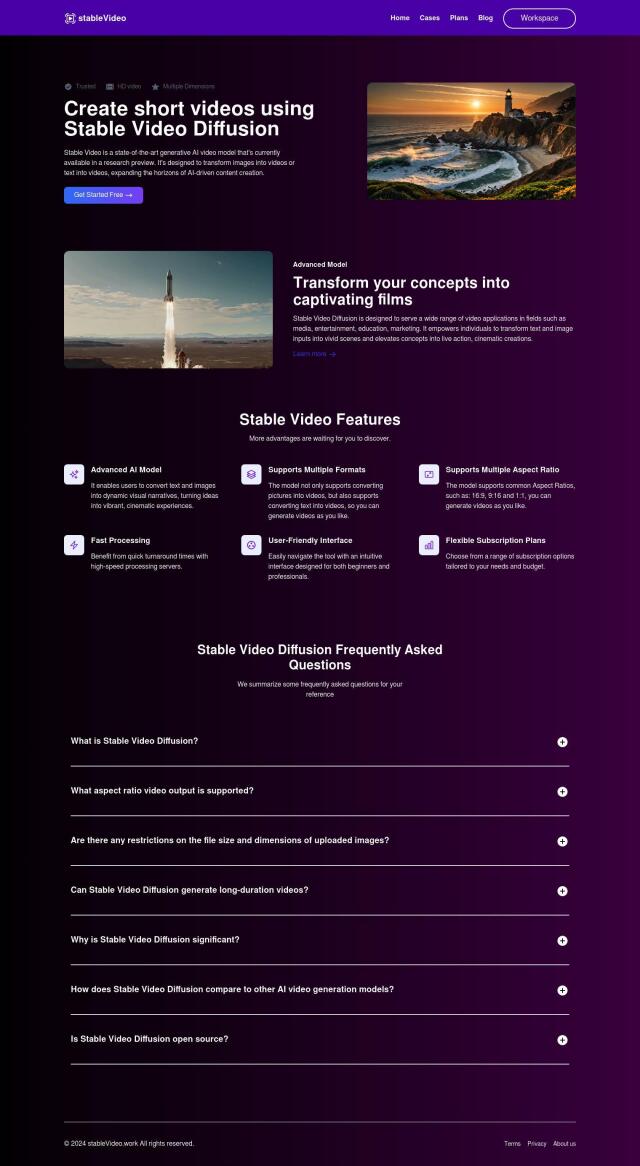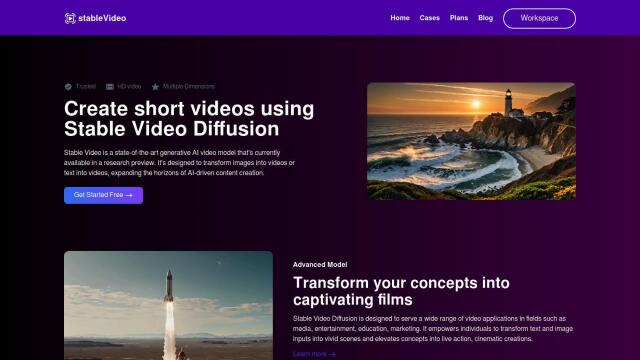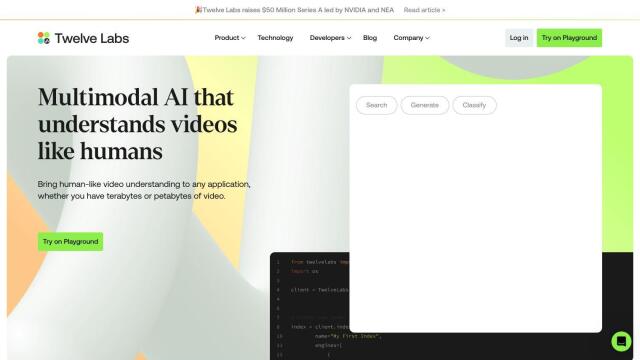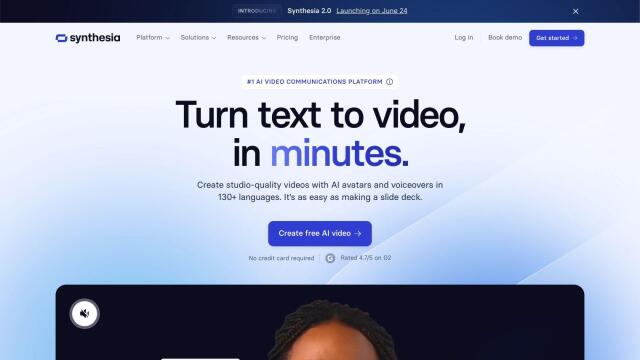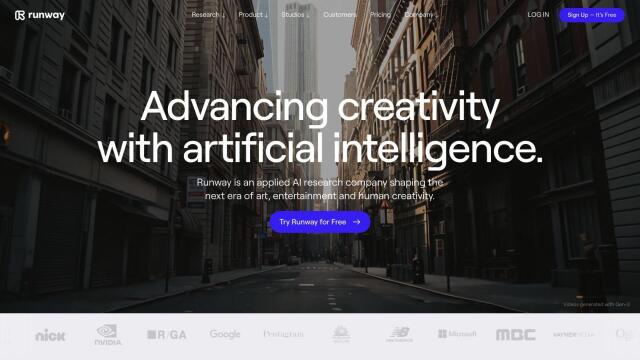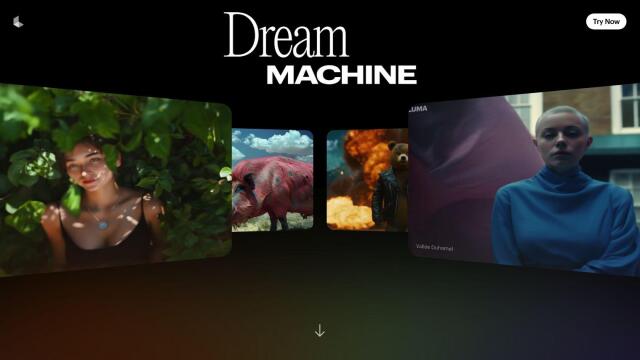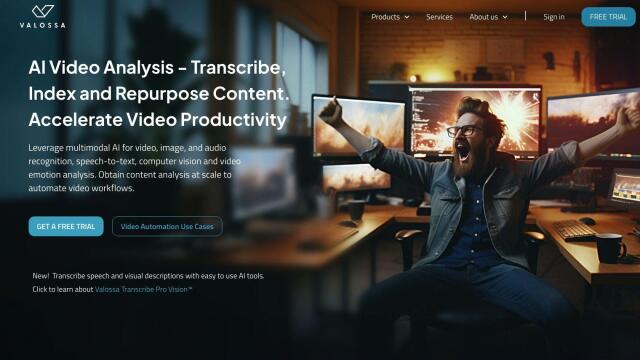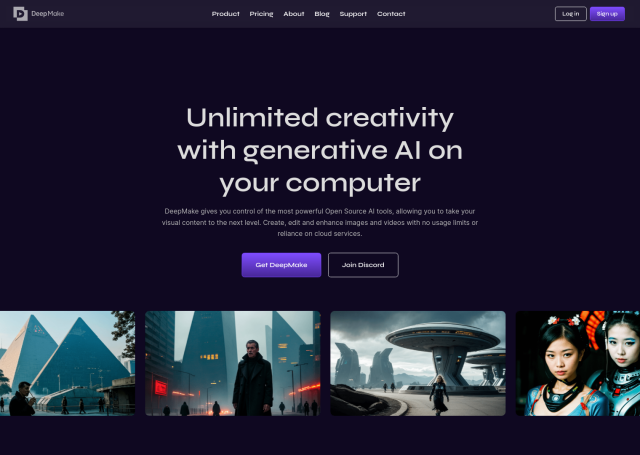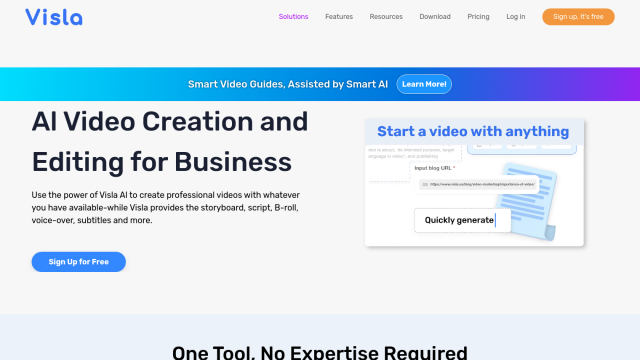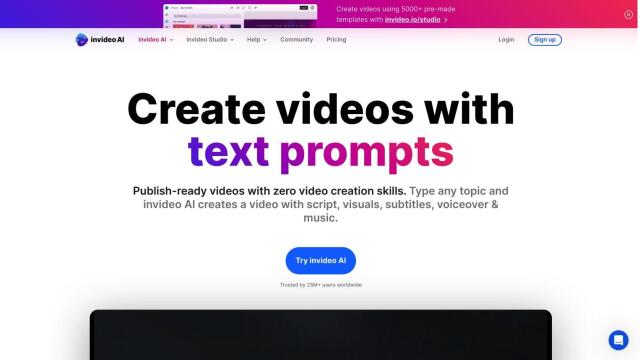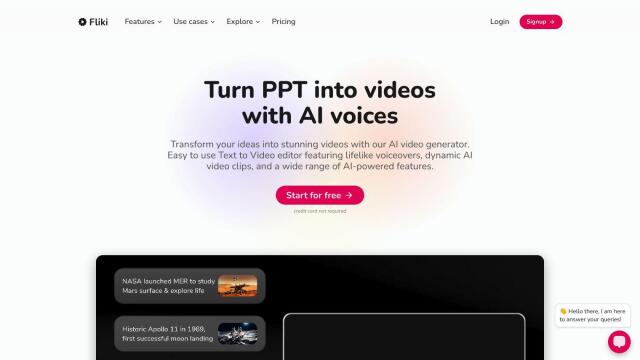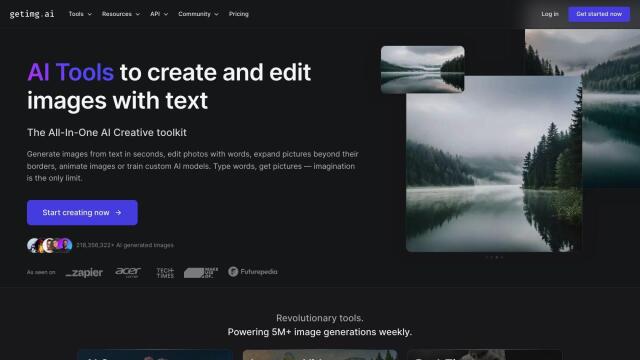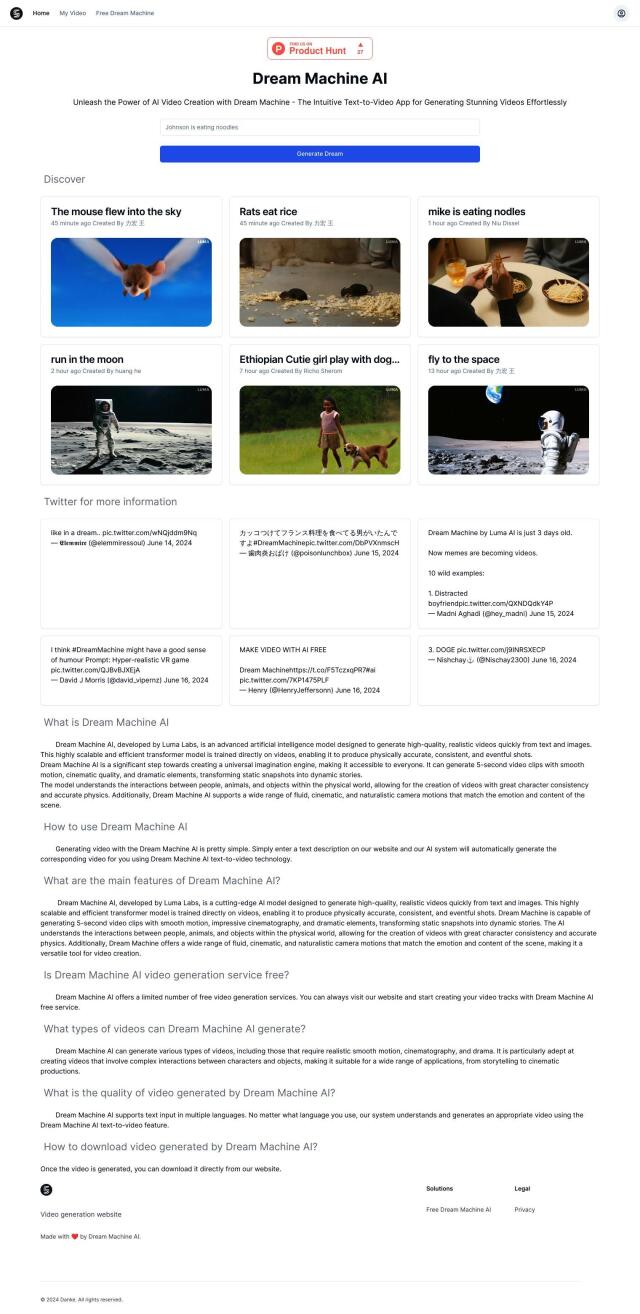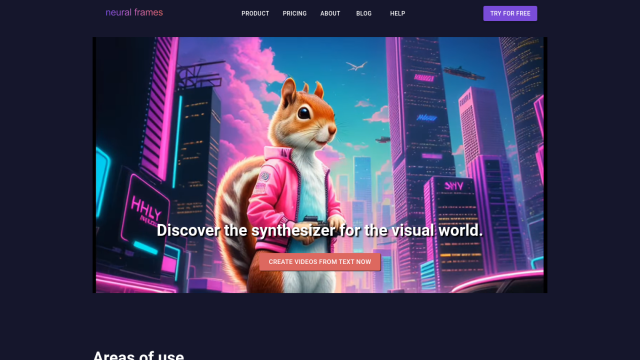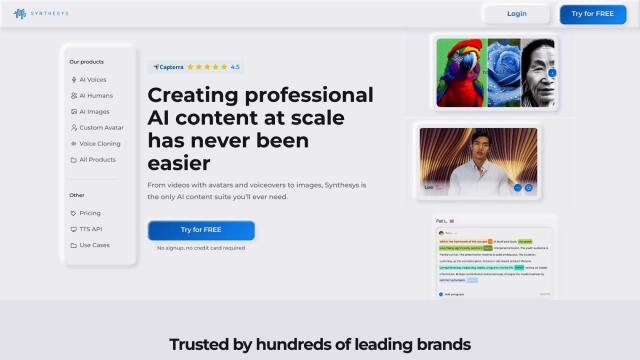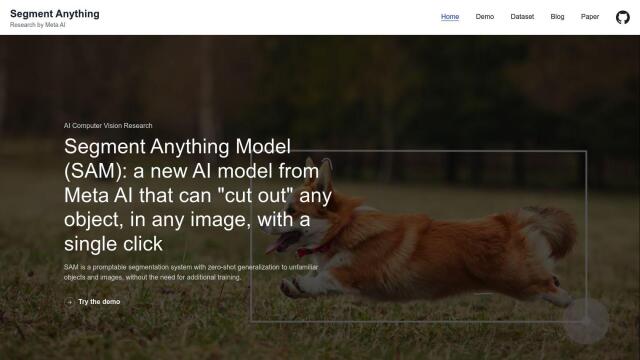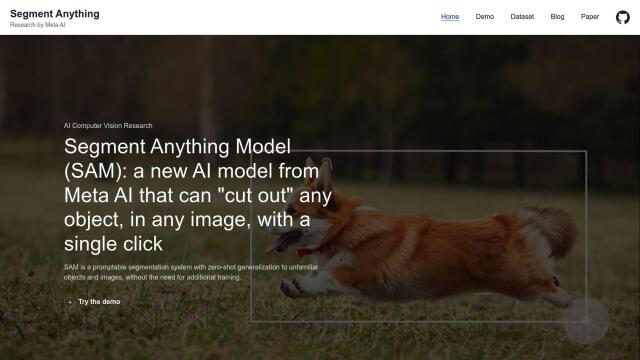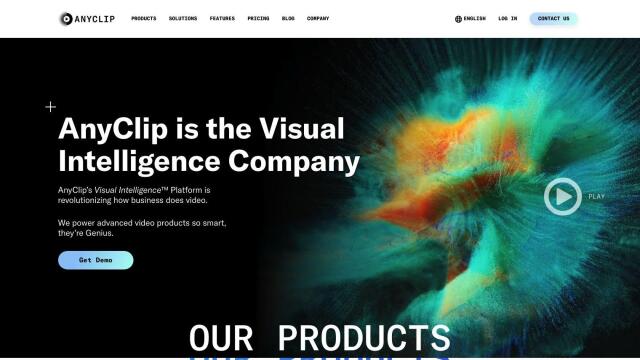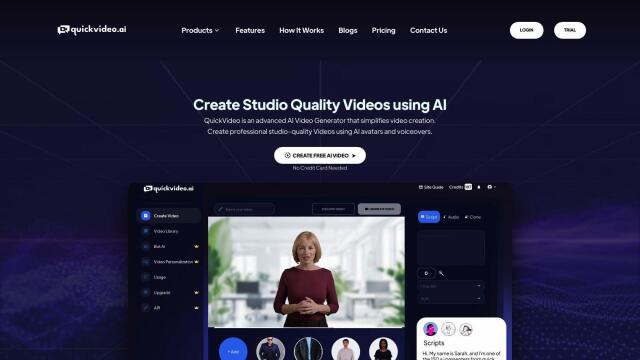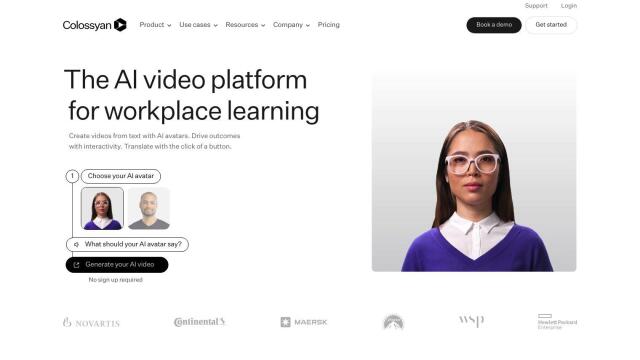Question: Is there a way to reconstruct continuous visual experiences from noninvasive brain imaging data, like fMRI scans?

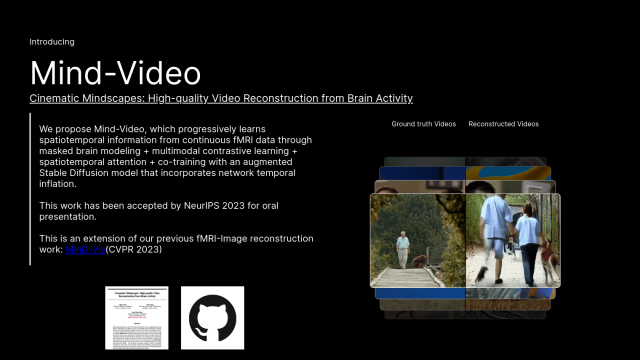
Mind-Video
If you want to use noninvasive brain imaging data like fMRI scans to reconstruct continuous visual experiences, Mind-Video is a top contender. This project creates high-quality videos from continuous fMRI brain activity, tackling big problems like time lag and fidelity, pixel and semantic guidance, and scene dynamics and coherence. The system uses a two-module architecture with masked brain modeling and spatiotemporal attention, and scores 85% on semantic metrics.

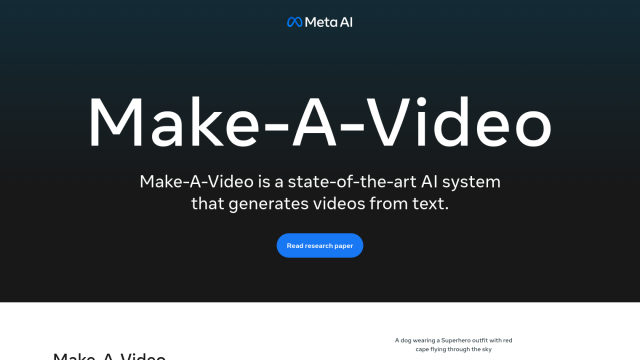
Make-A-Video
Also worth a look is Make-A-Video, an AI information retrieval system that turns text prompts into videos. Although geared primarily for text-to-video generation, its sophisticated machine learning technology can generate realistic and fantastical videos, and could be a foundation for reconstructing video from brain imaging data in the future.

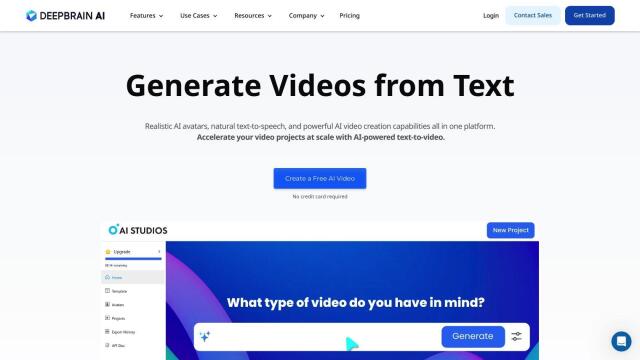
DeepBrain AI
If you want a broader AI foundation, DeepBrain AI lets you generate high-quality videos from text prompts with options like customizable AI avatars and multilingual AI text-to-speech. It isn't designed to handle brain imaging data, but its video generation abilities could be extended in the future.

